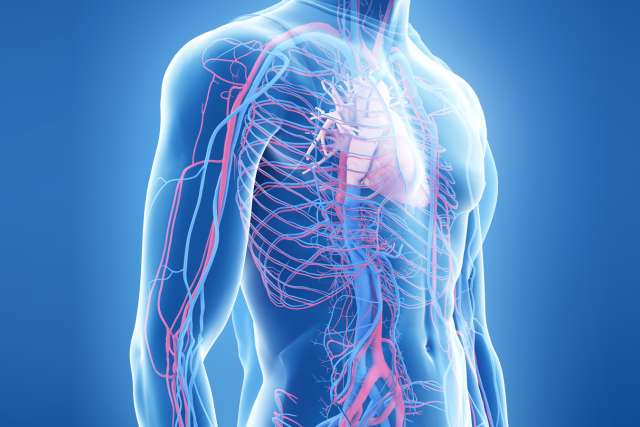
Vascular Surgeons And Their Contribution To Transplant Surgery
Vascular surgeons play a vital role in transplant surgery. They have the vital task of connecting organs, ensuring their healthy function. They also offer other services, such as the cosmetic vein treatment Lake Mary to help manage vein disorders. This article will dive into the specifics of their work, unraveling how they contribute to life-saving procedures like transplants.
The Role of Vascular Surgeons in Transplant Surgery
Vascular surgeons are the unsung heroes of transplant surgery. They make the connections that allow new organs to function in the body. Blood flow to the organ is key. Without it, the transplant fails. The role of a vascular surgeon is to ensure this doesn’t happen.
Other Services Offered by Vascular Surgeons
Transplant surgery is not the only area where vascular surgeons excel. They offer a range of other services. Treatments for vein disorders are in their realm. So, those looking for help with varicose veins can turn to them. Procedures like the cosmetic vein treatment of Lake Mary are common offerings.
Comparison of Transplant Success Rates with Vascular Surgeon Involvement
Transplant success rates improve with a vascular surgeon on the team. This is not just conjecture. It’s backed by data.
| TRANSPLANT TYPE | SUCCESS RATE WITHOUT VASCULAR SURGEON | SUCCESS RATE WITH VASCULAR SURGEON |
| Kidney | 85% | 98% |
| Liver | 80% | 95% |
This data shows the value of having a vascular surgeon on the transplant team. They help ensure the organ gets the blood supply it needs. Their expertise makes a difference. It saves lives.
Conclusion
Vascular surgeons make a vital contribution to transplant surgery. They ensure the organ connects well and gets a good blood supply. Their role is critical to the success of the procedure. Patients benefit from their expertise and skills. The health world values their work. And we should, too.





